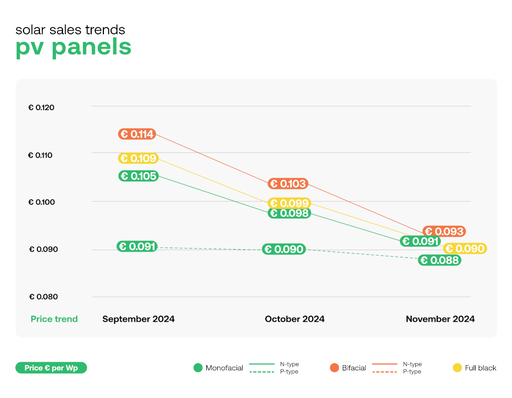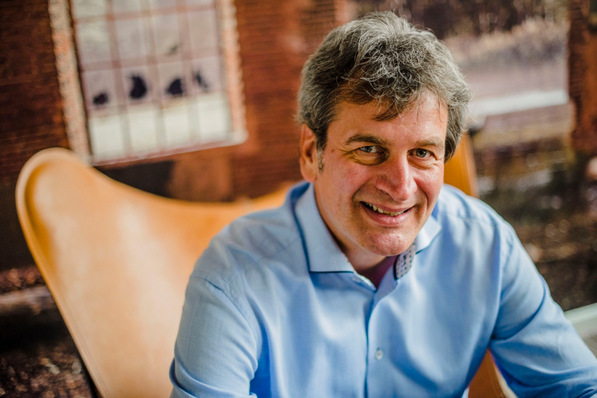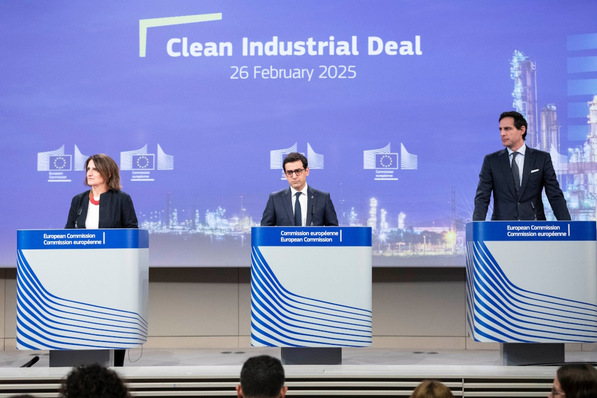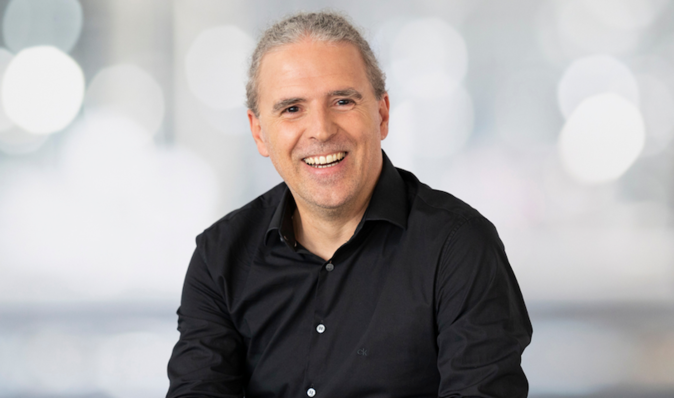The presentation of the Innovation Awards, the awards of the four sub-fairs, was eagerly awaited. The juries had plenty to choose from, as numerous innovations were submitted. A total of 177 exceptional innovations were submitted. Here are the short presentations of this year's winners:
Intersolar Europe: Huawei, Aiko and Wavelabs
Huawei Technologies: The Sun2000-330KTL is a transformerless, compact string inverter for solar parks that reaches 330 kilovolt amperes. Due to its wide input current range, it is suitable for modules with cell sizes of 162, 180 and 210 millimetres. The input voltage of 1,500 volts enables long module strings and efficient system layouts. In addition, the inverter includes a diagnostic tool that identifies errors in the solar system. It also provides fast and reliable protection on the DC side.
Aiko Digital Energy Technology: The Chinese combine back-contacting with passivation in their ABC modules. This allows the modules to achieve a whopping 460 watts with a size of 1.95 square metres and an efficiency of up to 23.6 per cent. The black version achieves 450 watts and an efficiency of up to 23 per cent. Aiko also uses silver-free metallisation for the ABC module.
Wavelabs Solar Metrology Systems: Sinus-360 Advanced offers an improved measuring system for fast and precise evaluation of solar cells in production. At its heart is a light source consisting of 27 LEDs with high homogeneity and high spectral coverage. Each of the 27 LED channels can be individually adjusted so that the light spectrum is also suitable for measuring tandem cells.
Storage exhibition EES: Elestor, Fenecon and Sungrow
Elestor: The Hydrogen Bromine Flow Battery from the Netherlands uses bromine and hydrogen for electrical energy storage on a large scale of several megawatt hours. The system achieves two to three times lower storage costs (LCOS) than lithium storage and significantly lower storage costs than vanadium-based flow batteries. Bromine is extracted from seawater in an environmentally friendly way and is not subject to any geographical or political dependencies. Typical for flow batteries: Capacity and output can be scaled independently. The AC-AC efficiency (round trip) is 70 to 75 per cent. If the system is integrated into a hydrogen infrastructure, a separate hydrogen tank is unnecessary.
Fenecon: The Industrial L commercial storage system uses surplus or used vehicle batteries. These can be easily integrated into the cooling circuit. The system offers 736 kilowatts and 1,288 kilowatt hours and is suitable for outdoor use. It uses eight separate 92-kilowatt battery inverters from Kaco. This provides a high level of redundancy. All components can be easily replaced and, unlike container solutions, no crane is required for assembly. If the full storage power is not needed, only part of the inverters operate. This creates efficiency advantages over a large inverter, which may operate less efficiently in partial load conditions.
Sungrow Power Supply: The new compact commercial and industrial storage Power Stack has an output of 250 kilowatts and is available in capacities from 537 kilowatt hours to 1,146 kilowatt hours. The liquid cooling concept reduces the energy required for temperature management by 30 per cent. The temperature difference between individual cells has been reduced to below 2.5 degrees Celsius, resulting in a more even ageing of the cells and increasing the service life of the battery modules by two years. The high degree of prefabrication and the possibility of above-ground cable routing reduce installation time.
Power2Drive Europe: Hive Power, Paxos and Twaice
Hive Power: Flexo Smart Charge is a software-as-a-service platform that accounts for bi-directional charging. In addition, fleet managers can manage the charge points in the company. The platform uses machine learning and optimisation techniques to bundle electric vehicles and market them on energy markets. It is operated in a cloud and offered as a white label application.
Paxos Consulting & Engineering: The cylindrical Charging Plug Cool-Load Megawatt was equipped with strong cooling and very powerful contacts. As a result, it can permanently transmit more than one megawatt and a maximum of up to twelve megawatts of charging power with an efficiency of 99.78 per cent. The ring-shaped, radial connection between plug and socket ensures low contact resistance and allows direct cooling of the contact rings.
Twaice Technologies: Novel software-as-a-service allows EV manufacturers to analyse battery ageing reliably, continuously and accurately. The Mobility In-life Battery Health Analytics software enables reliable and early detection of defects in regular operation, avoids time-consuming tests on site or in the workshop and premature battery replacement. Using innovative AI algorithms, it achieves a measurement accuracy of two per cent. It can be easily scaled via a cloud and can be integrated into existing systems.
EM-Power: Fenecon and The Mobility House
Fenecon: With Feresto Rental Storage Solution, customers can rent commercial storage. This considerably reduces the investment requirement. The storage units are provided for the desired period in the appropriate configuration. This makes the widespread use of used batteries possible.
The Mobility House: The Charge Pilot establishes communication with many charging stations and optimises the entire charging process. The holistic approach makes it possible to minimise charging costs for different purposes and markets. For Germany, for example, this is a control according to Paragraph 14a of the Energy Industry Act. In addition, the software is prepared for bidirectional charging.
The editors of photovoltaik and pv Europe congratulate all award winners! (HS/mfo)








